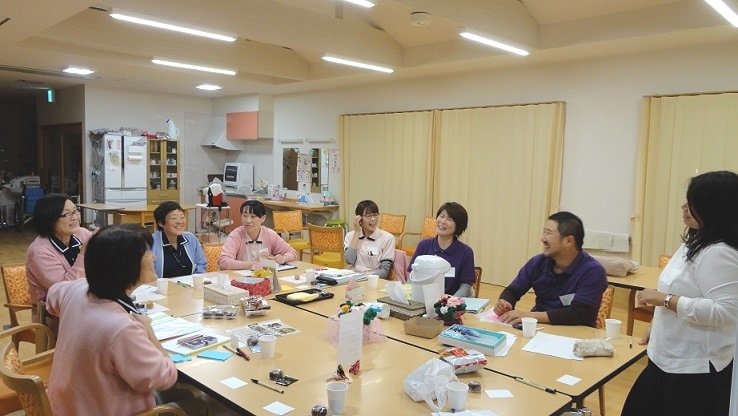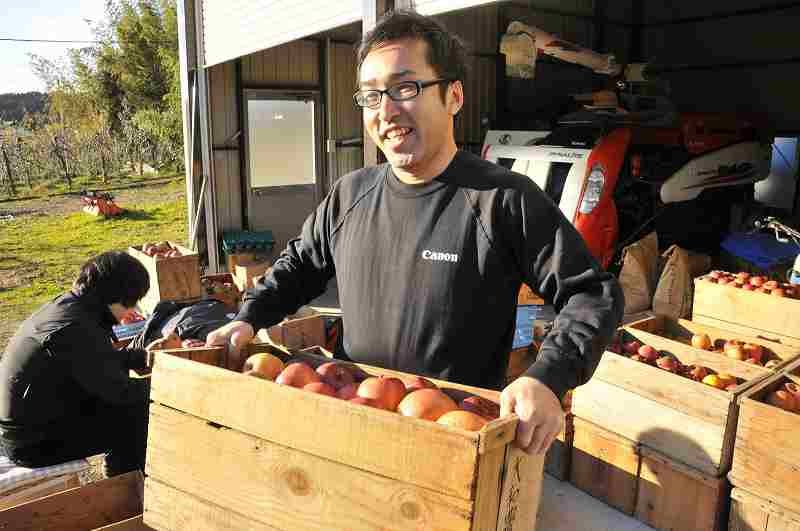By Miyako Hamasaka | PR Manager
From the past experiences in Japan, it is said that there is an increase number of the victims who says that “the most depressing time comes three or four years after the disaster”. It is also evidenced by the various psychological studies.
Walking in the devastated area makes us realize that the reconstruction has not been made a progress yet. The reconstruction in the central city has been done. However; if we walk away from the city center, we see the bulldozers running in the devastated area by Tsunami.
The psycho-social of the recovery tends to be missed compared with the infrastructure because of its difficulty to be found out. As more time has been passed since the disaster, the problems, which existed before such as the number of youths decreasing, nursing care and poverty, have got worse.
Therefore, since October 2015, it is for the long-term solution in Iwate, Miyagi and Fukushima Prefectures. JEN has shifted from its previous approach as a direct assistance to the victims to so-called “partnership” assistance with the local organizations.
As for the partnership, JEN works not only for providing the necessary material for their activities, but also for making plans together and providing a training to strengthen their ability to implement projects and building networks.
In Ishinomaki, JEN has a partnership with the local organization “Nursing Care for Men”. After the disaster, a lot of elderly couples are forced to live in their own, while being separated from their other family members. With the help of the medical and nursing experts, we are organizing a nursing care class for men to reduce men’s distress from nursing the elderly women, and their isolation. It also aimed to encourage the quality of lives of both nursing and being nursed people.
Aiming at Solving Regional, Social Challenges: SAVE TAKATA
As JEN started to provide a new form of support, this time, we introduce one of the organizations which we have a partnership: SAVE TAKATA. It is a general incorporated association acting in Rikuzen-Takata, Iwate Prefecture.
It was after the Great East Japan Earthquake happened on March 11, 2011 that Mr. Nobuaki Sasaki from Rikuzen-Takada established SAVE TAKATA. Mr. Sasaki who had been working in Tokyo determined to drive back to his home town along with his friends from the same town with as many relief supplies on their cars as possible. Then he began volunteering to put out the information on the ground on the Internet, that’s how SAVE TAKATA started.
The population of the city of Rikuzen-Takata was declining before the disaster. However, this has been exacerbated by the outflow of young generations following the disaster.
The organization is working on helping farmers produce and market processed apples, the unemployed young find jobs by providing farming experiences, the youth acquire IT vocational skills, and students do volunteer activities. Thus, SAVE TAKATA aims to resolve both regional challenges which aging population and outflow of young people and social one which rise in unemployed young.
The goal of SAVE TAKATA is to build up rural areas where young generations can live with hope. With the partnership-based support from JEN, its members went on a tour to other rural areas in Japan to study how the locals have got through depopulation and promoted revitalization of the hometown on their own. Based on the findings from the tour as well as its activities up until now, the organization is planning to launch a new initiative to reach its goal.
By Miyako Hamasaka | PR Manager
By Miyako Hamasaka | PR Manager
Project reports on GlobalGiving are posted directly to globalgiving.org by Project Leaders as they are completed, generally every 3-4 months. To protect the integrity of these documents, GlobalGiving does not alter them; therefore you may find some language or formatting issues.
If you donate to this project or have donated to this project, you can receive an email when this project posts a report. You can also subscribe for reports without donating.

